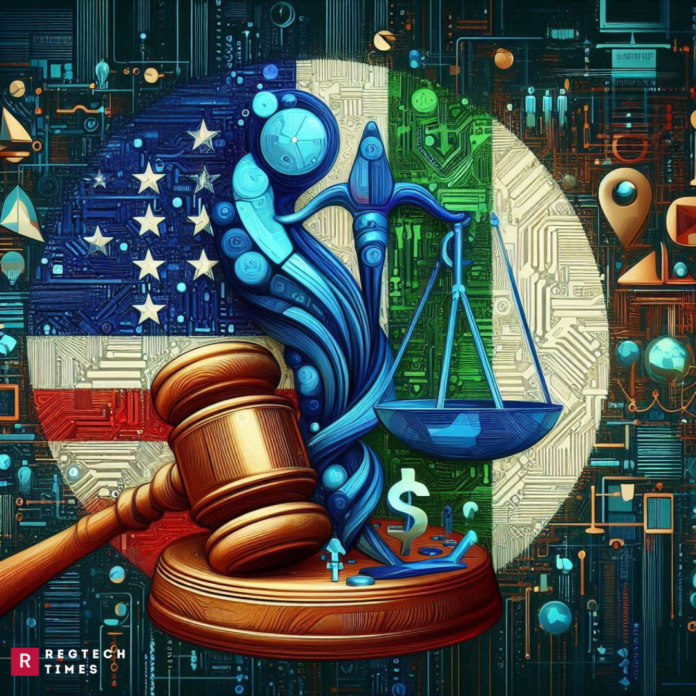In June 2024, the Federal High Court in Lagos, Nigeria, rendered a pivotal decision in the case of Samuel Abiodun, granting the Attorney General of the Federation’s application to extradite him to the United States. The extradition request leveled against Abiodun alleges serious offenses: wire fraud and conspiracy to commit money laundering. These charges, under United States law (Title 18, United States Code, Sections 1343 and 1956(h)), carry maximum penalties of 20 years’ imprisonment each.
Abiodun, represented by counsel Demola Adekoya, vehemently denied the allegations brought forth by the Federal Ministry of Justice. His defense team challenged the court’s jurisdiction to order his extradition, arguing procedural and substantive grounds.
Court Proceedings and Decision
Presiding Judge Akintayo Aluko meticulously evaluated the evidence presented during the proceedings. Despite Abiodun’s assertions of innocence and objections to the extradition, Justice Aluko concluded that the Nigerian government had substantiated its claims sufficiently. The judge emphasized the binding nature of the extradition treaty between Nigeria and the United States, established in 1931. This treaty forms the legal framework through which extradition requests are processed between the two nations.
In his ruling, Justice Aluko addressed and dismissed Abiodun’s arguments regarding the treaty’s applicability and the court’s jurisdictional authority. He underscored that the extradition treaty provides a clear mandate for Nigeria to honor requests from the United States concerning individuals accused of committing offenses within its jurisdiction.
Defense and Claims by Abiodun
Throughout the proceedings, Abiodun maintained his innocence adamantly. He asserted that he has never traveled to the United States, engaged in any business transactions there, or had personal ties to the country. Furthermore, Abiodun denied any involvement in the alleged crimes of wire fraud or money laundering. He contended that he was wrongly implicated due to his association with another individual implicated in the case.
Abiodun explained that his activities in cryptocurrency were conducted lawfully through the platform Binance, where he holds a registered account. He refuted allegations that he used the alias “ALICE_D013” to perpetrate fraudulent schemes or demand money from anyone, including the deceased student at Kutztown University identified in the case.
Implications and Next Steps
With the court’s decision to grant extradition, Samuel Abiodun is required to remain in custody within the Nigerian Correctional Service until the Attorney General of Nigeria makes a final determination regarding his surrender to the United States. This extradition ruling highlights the intricate balance between national sovereignty and international legal obligations in cases involving cross-border criminal activities.
The case underscores the importance of bilateral extradition agreements in facilitating international cooperation in criminal justice matters. By adhering to these agreements, countries can effectively combat transnational crimes, ensuring that alleged offenders are held accountable for their actions regardless of their location.
Conclusion
As Samuel Abiodun awaits further legal proceedings, the extradition ruling represents a significant step in addressing international fraud networks and upholding the rule of law on a global scale. It serves as a poignant reminder of the complexities involved in navigating jurisdictional issues and legal frameworks in an increasingly interconnected world.
The case also underscores the necessity of ensuring fair trial rights and protections for individuals facing extradition, including safeguards against discrimination based on race, religion, or nationality. Justice Aluko’s ruling directs the Attorney General of Nigeria to oversee special arrangements to guarantee Abiodun’s fair trial and defense in the United States, underscoring Nigeria’s commitment to upholding international legal standards.
Ultimately, the extradition of Samuel Abiodun exemplifies the ongoing efforts by governments worldwide to collaborate in combating financial crimes that transcend national boundaries. It underscores the shared responsibility of nations to cooperate within legal frameworks that promote Abiodun justice and accountability, safeguarding the integrity of international legal systems in the process.


